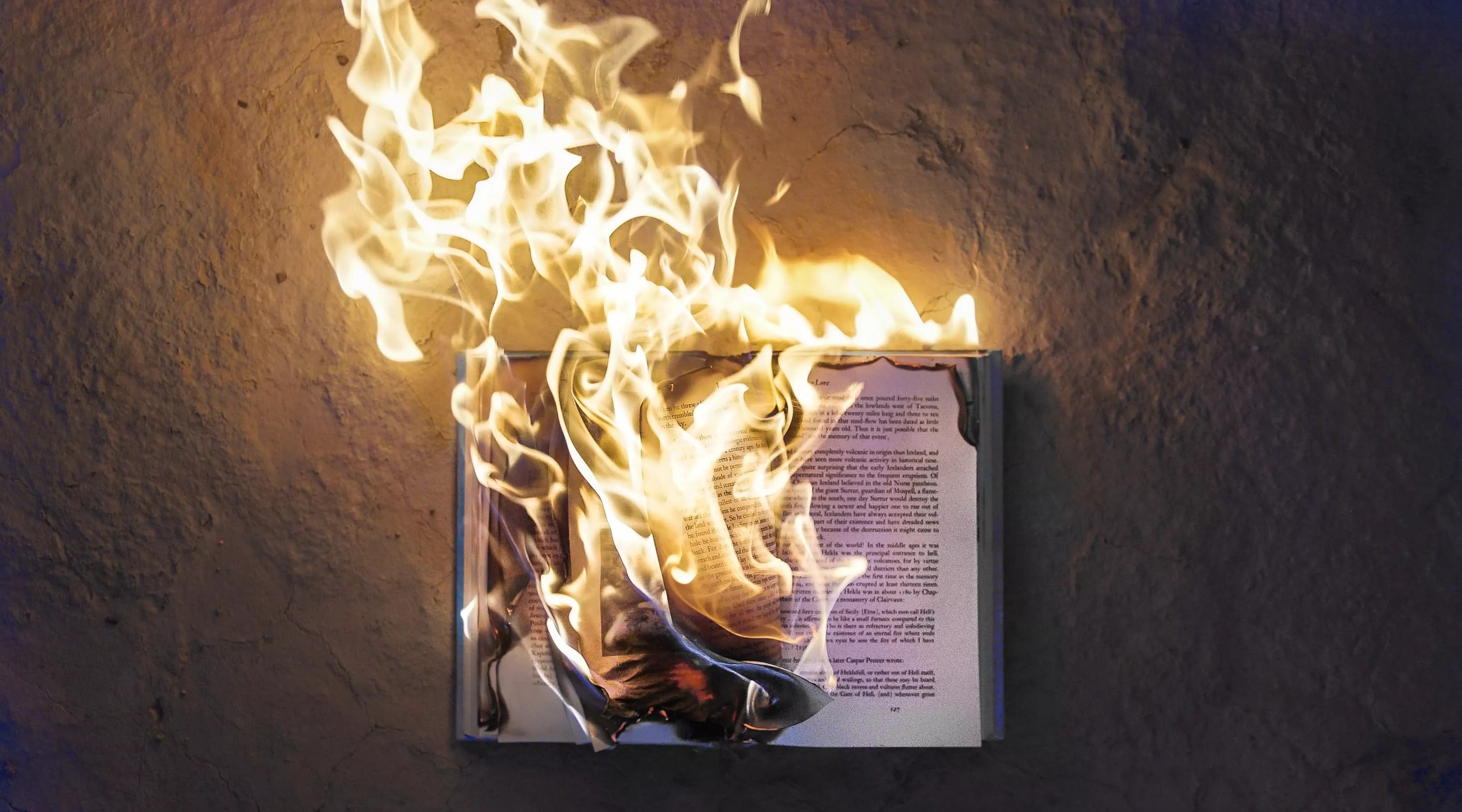
Photo by Fred Kearney on Unsplash

Audio By Carbonatix
In a letter last week, Gov. Greg Abbott directed the Texas Education Agency to investigate “criminal activity” regarding pornography in school libraries. Perhaps while the investigators are searching a librarian could direct them to a dictionary to look up the phrase “snipe hunt.”
“Absolutely no: There’s not pornography in the school library,” said Dr. Sarah Evans, an assistant professor in the College of Information at the University of North Texas.
Dr. Jennifer Moore, an associate professor in the same school, agrees.
“The accusation that school librarians provide pornography is absurd,” Moore said. She invites the governor “over a cup of tea, to politely and professionally discuss the roles and responsibilities of school librarians, including collection development policies and processes.”
Abbott’s letter comes as conservative officials nationwide have moved to ban books that they deem inappropriate for schools. This week, TIME reported that two school board members in Virginia have demanded a literal book burning.
While some parents laud such bans as a way to protect their kids, critics are condemning them as a form of academic censorship.
“The latest directive is cause for concern in a time where book burnings seem more present than past.” – Texas AFT
After Abbott asked the TEA to investigate criminal activity involving porn in schools, a statewide teachers’ union shot back.
“While the governor assuredly is penning letters to try and score political points with ultra-conservative voters, the latest directive is cause for concern in a time where book burnings seem more present than past,” Texas AFT wrote.
In an email to the Observer, the TEA acknowledged it’s received Abbott’s Nov. 10 letter: “The agency is currently reviewing, and in accordance with our longstanding practice related to investigations, we will provide an update at the appropriate time.”
Multiple other Texas Republican lawmakers are also targeting libraries.
Last month, Fort Worth state Rep. Matt Krause, who’s running for attorney general, asked school districts to report if they have any books from a list of 850 titles. Last week, Republican gubernatorial candidate Don Huffines called for a Denton library to cancel an event that would have landed on the Transgender Day of Remembrance.
Some would point to one book as the catalyst for Abbott’s attacks: Gender Queer: A Memoir, which was removed from a Keller ISD library after parents complained about its content.
Gender Queer is a 240-page graphic novel about author Maia Kobabe’s experiences with gender and sexual identity, and it contains a few drawn images depicting nudity and sexual activities. But UNT’s Evans and Moore don’t believe the book meets the legal definition of “pornography.”
Thanks to a 1973 Supreme Court decision, there’s a three-pronged test to determine if something qualifies as “obscene,” said Evans, who specializes in school and public libraries, plus comics and graphic novels. A book could be considered porn if, taken as a whole: It appeals to the “prurient interest,” describes or depicts sexual conduct in a way that’s “patently offensive” and lacks serious literary, scientific or artistic value.
School librarians have to consider the entire student body, which often includes queer kids, Evans said. For many, books like Gender Queer could be quite helpful in understanding gender identity; offering information about a topic makes it less frightening.
Evans added that she was disappointed upon learning of the effort to investigate porn in schools.
“I’ve been working in libraries since 1999, and I’ve seen a lot of things, and also I’ve studied the history,” she said. “Having a resurgence of concerns about library material often happens during times of great conflict in our culture, and so having this big surge didn’t surprise me.”
To Moore, an author sharing their experience – like Kobabe did – doesn’t mean that they’re forcing their beliefs on others. Not all books will appeal to readers, and that’s OK: It’s up to the parent or guardian to decide what’s appropriate for their child, she said.
Librarians are highly trained to curate book selections for schools, said Moore, who teaches school librarians and has been one herself. They select books based on a rigorous process, relying on reviews and awards lists for help since it’s impossible to read each choice.
In fact, librarians separate themselves from the selection process, she said.
“The collection’s not about you,” Moore said. “The collection is about your students, your school community. And the library meets curricular and personal needs, but it should also be a safe and welcoming place.”